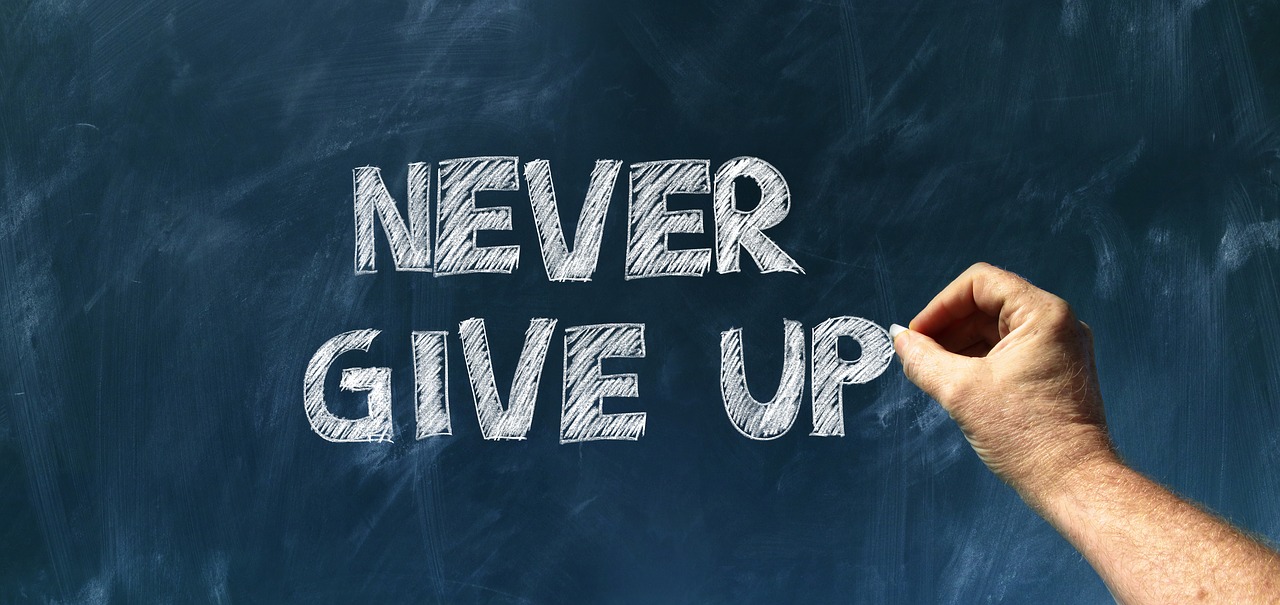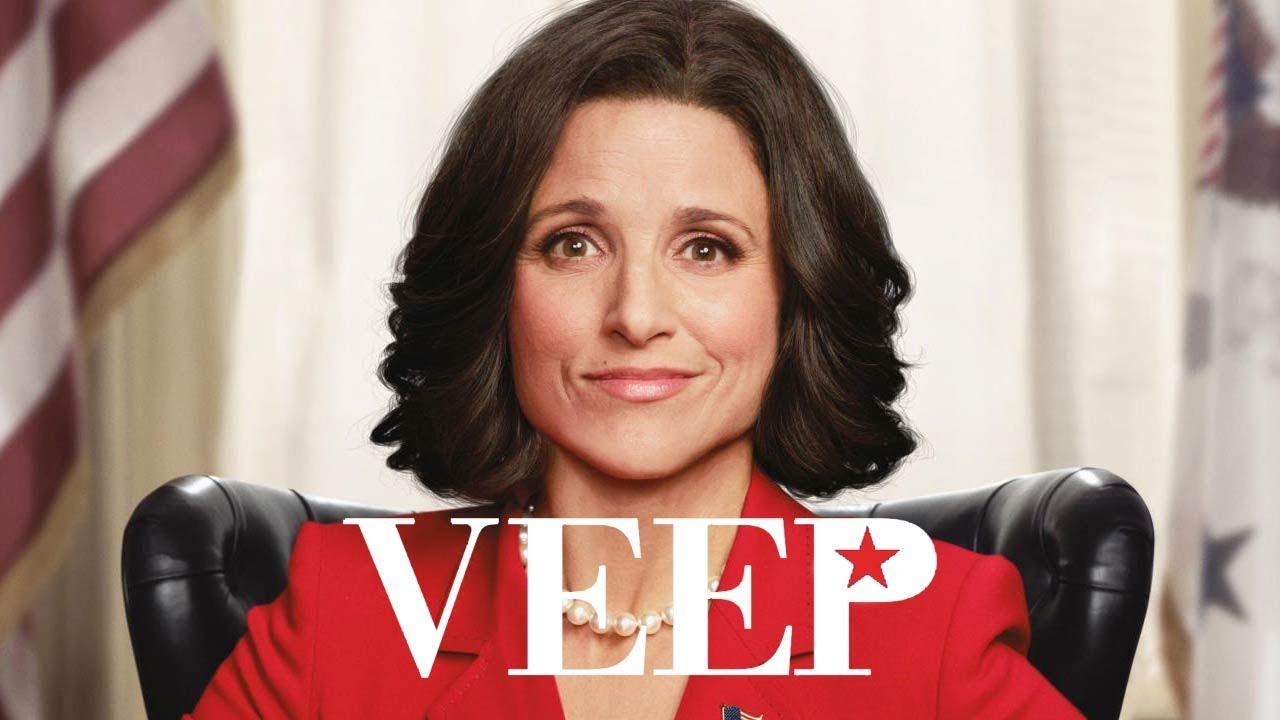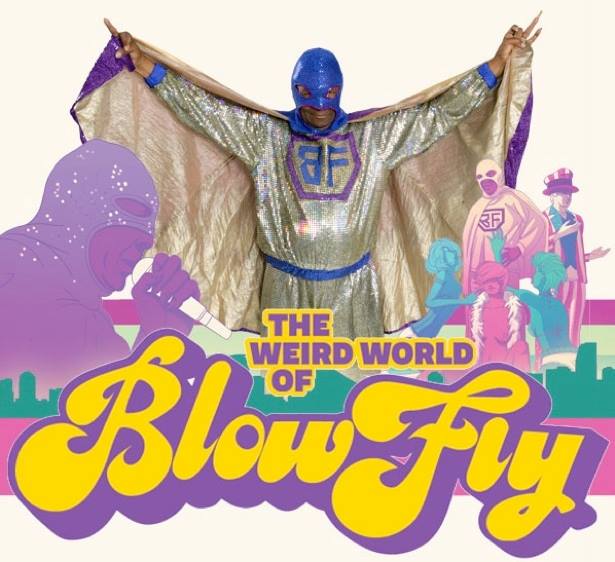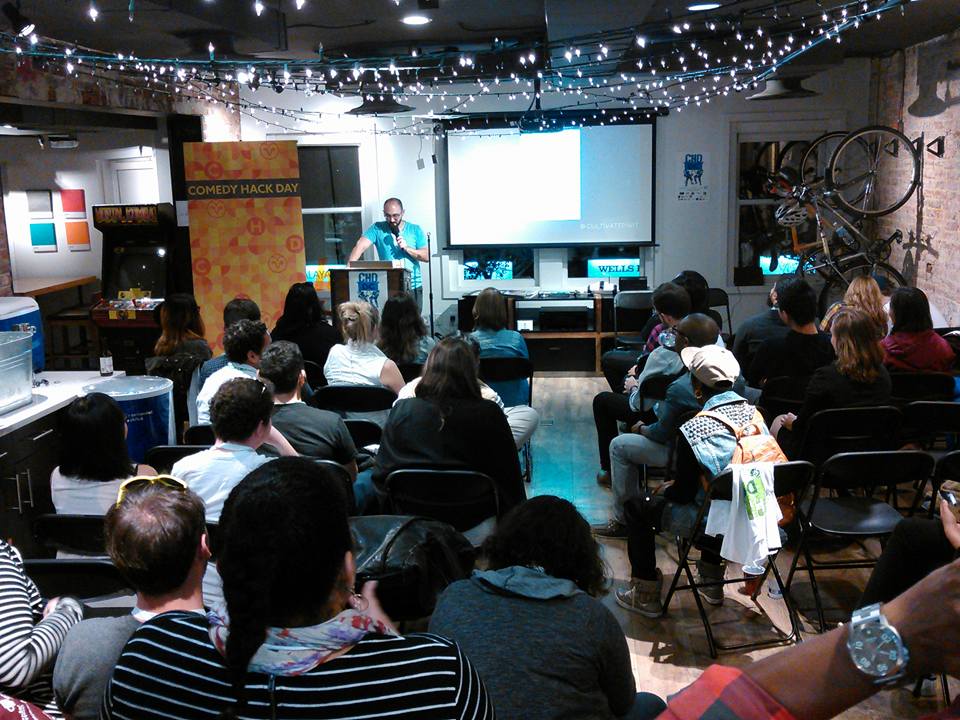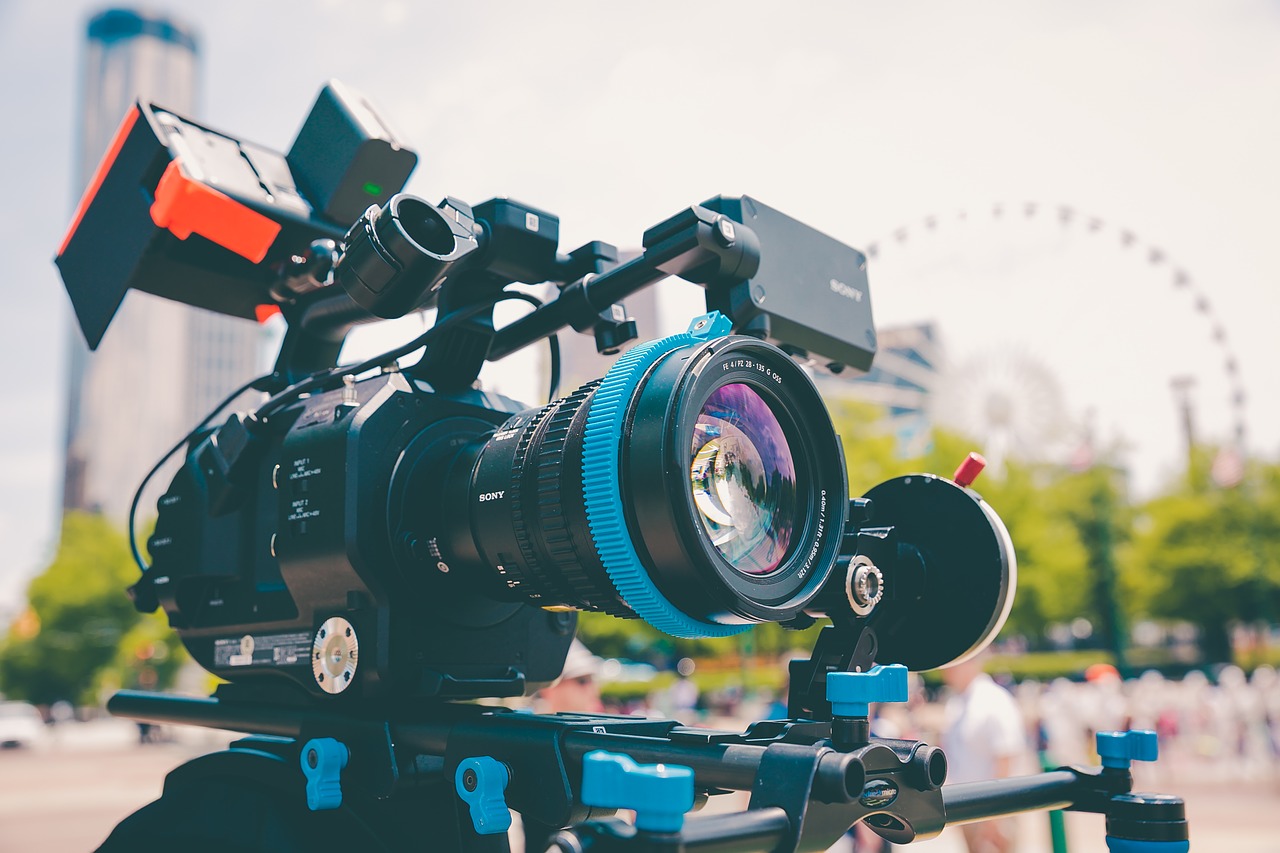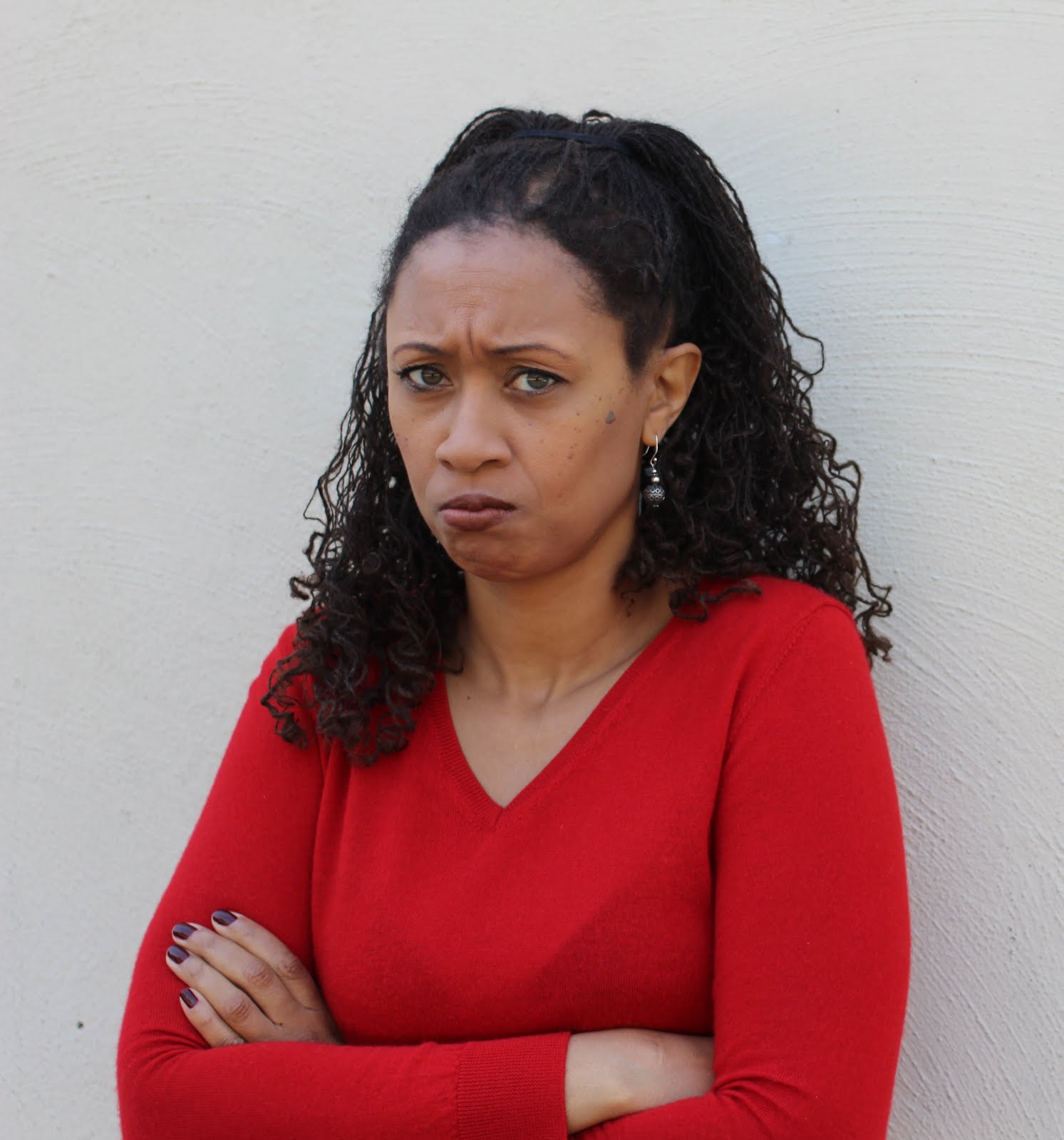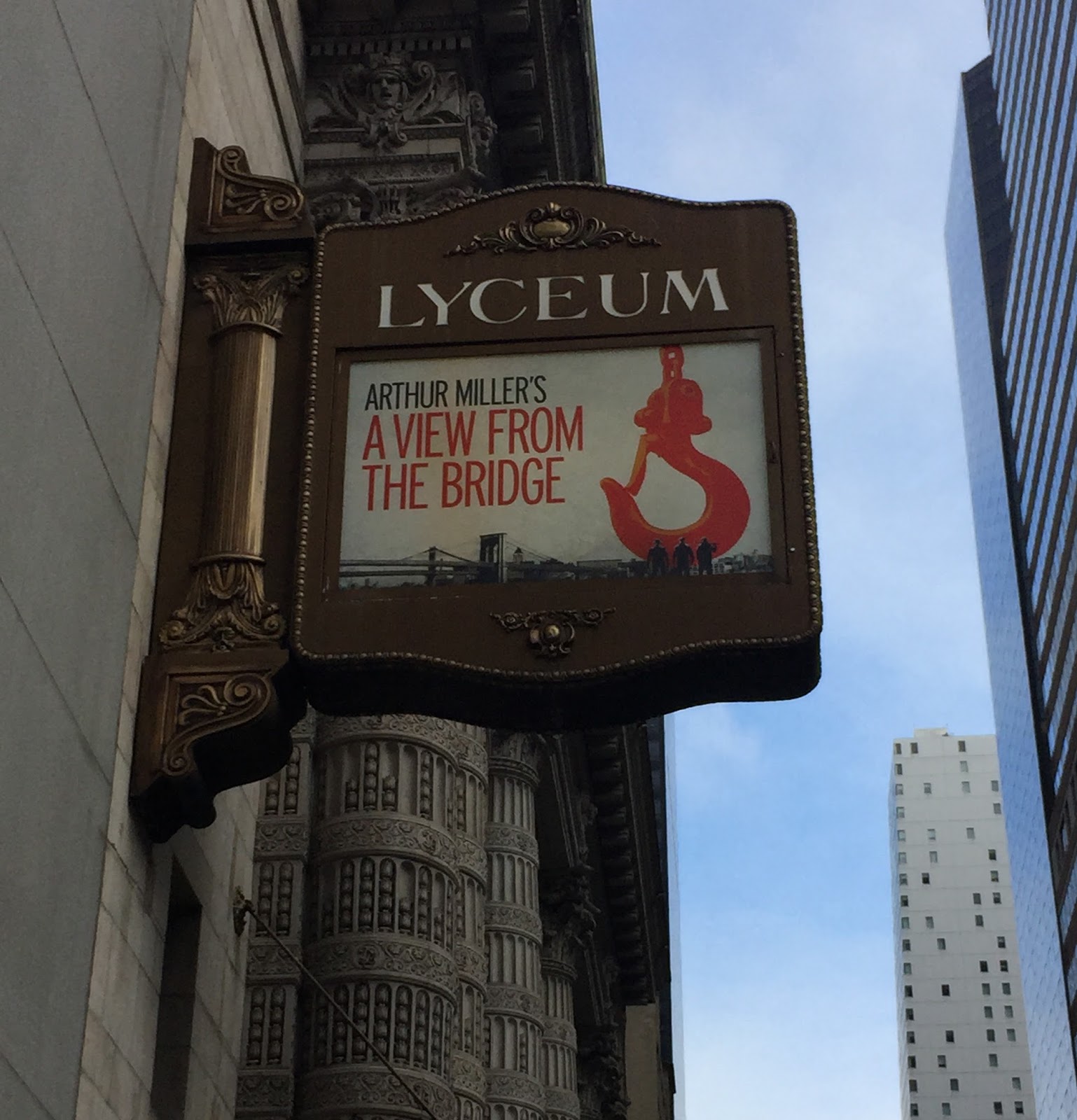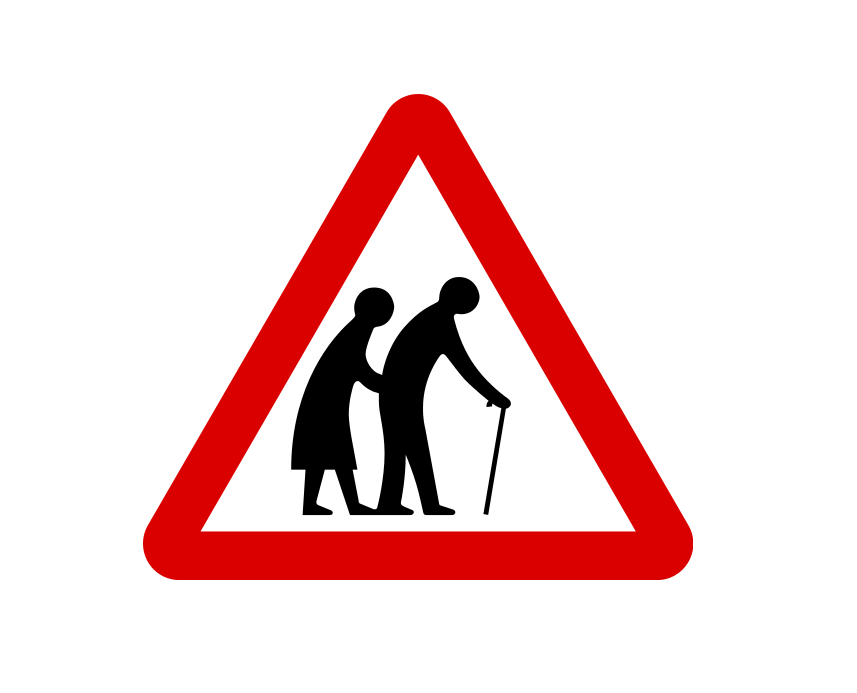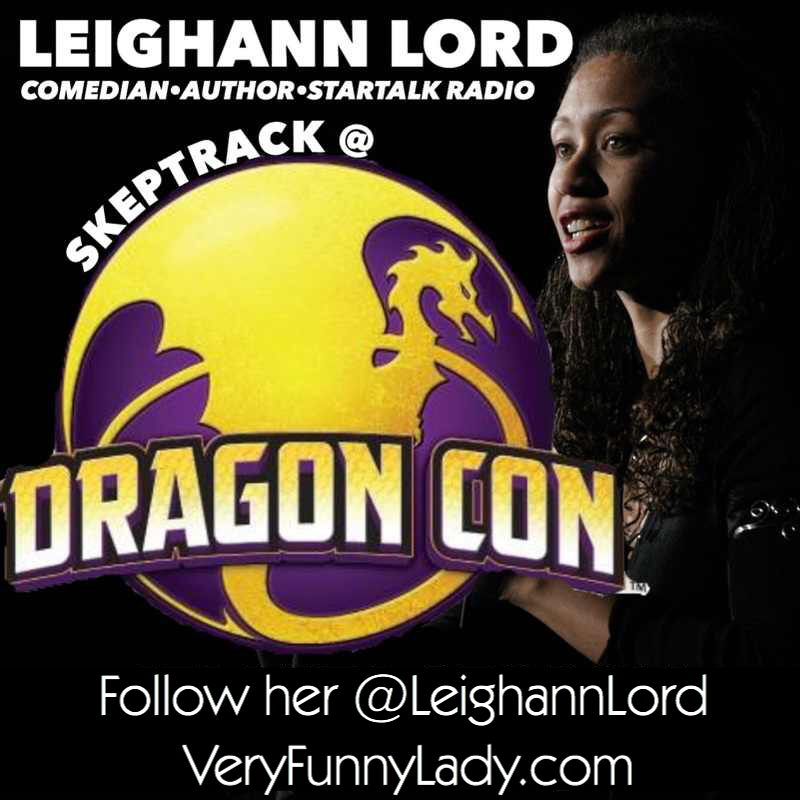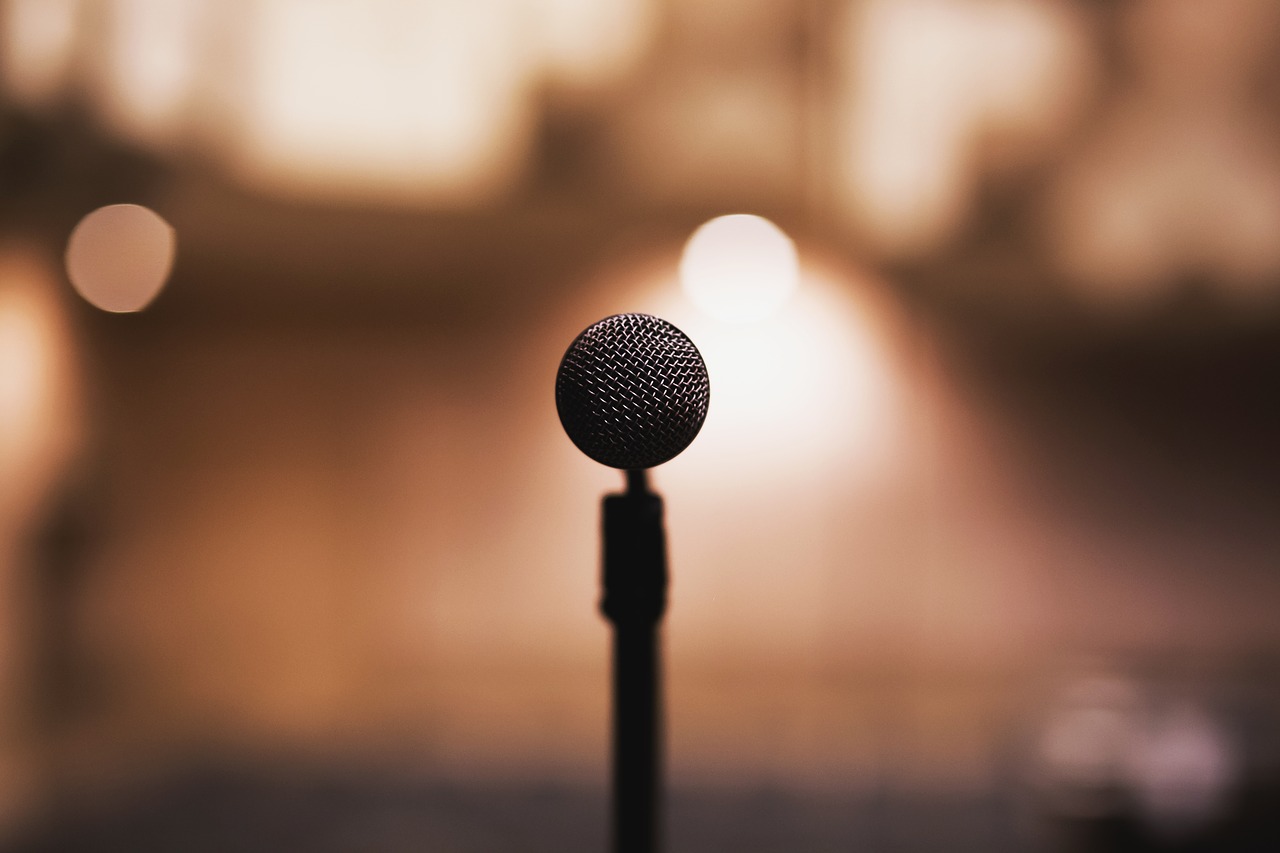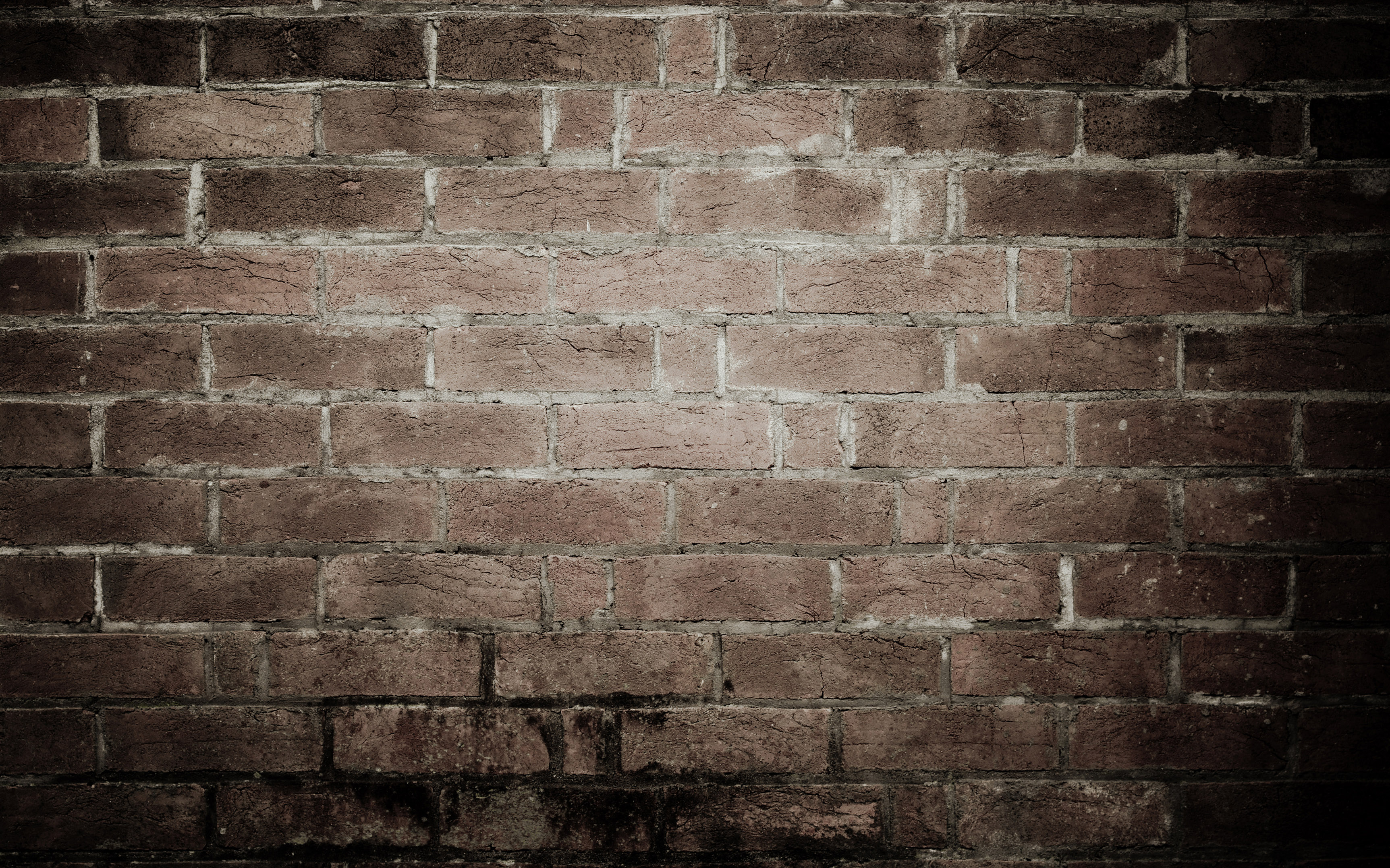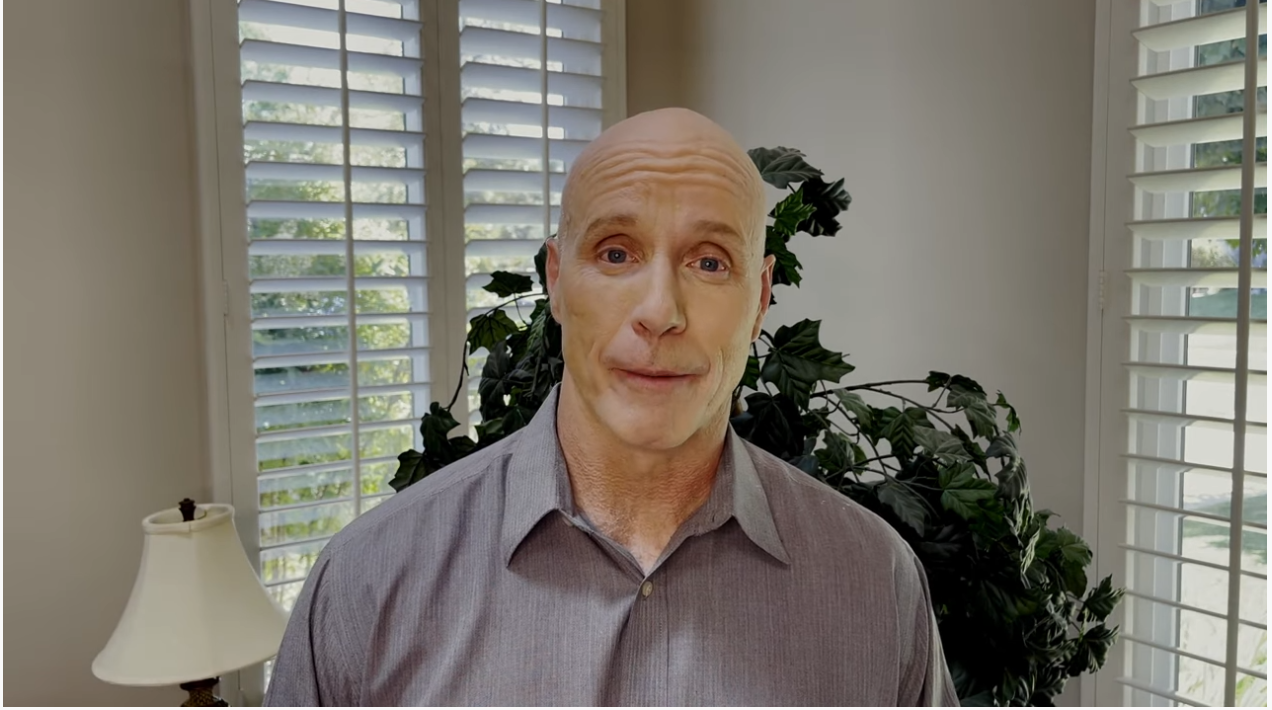 Last month, we published an article about comedian Adam Komar who asked the comedy community for advice on how to become a successful emcee. Within days, we received an overwhelming response from comedians and producers who offered their insight into the art of emceeing.
Last month, we published an article about comedian Adam Komar who asked the comedy community for advice on how to become a successful emcee. Within days, we received an overwhelming response from comedians and producers who offered their insight into the art of emceeing.
 Jim Mendrinos, comedian and author of The Complete Idiot’s Guide to Comedy Writing
Jim Mendrinos, comedian and author of The Complete Idiot’s Guide to Comedy Writing
The question that has been haunting comics since the dawn of comedy time. Back when I started, which was shortly after the earth cooled, the NYC comedy scene was ripe with comics who took pride in their emcee skills. There was a time when having a great emcee meant you had a great show.
It’s also the skill that most of us aspire to. What are some of the best jobs for comics? High-profile hosting. The Oscars, Emmys, MTV Awards, The Daily Show, the late-night talk shows — all are forms of emceeing. Learn it now so you can use it later.
In short, a great emcee is a comic who is good enough to command a show, funny enough to be seen by the audience as a “real comic,” and giving enough to put their individual egos aside and service the show. Each of those skills is difficult on its own, and in truth on the road where the bookers routinely put the least experienced comic in the opening spot, it is damn near impossible to accomplish.
Command is probably the hardest of the skills for a young comic to get. It’s the ability to make an audience want to spend time with you. It isn’t done by screaming, or battering an audience with material; it’s done by becoming what an emcee always was…a Master of Ceremonies.
You have to be authoritative, yet interactive. It is your job to bridge them from conversations and expectations to becoming an attentive and well behaving group that is focused on the show. In order to do that, you have to become the most interesting thing in the room. You need to be more interesting than their date’s dress, or the drinks on the table. You do this not only with your comedy, but with your personality.
Some comics talk to the audience, some don’t. There is no one right way to do it. The only important thing is that by the time you bring the next comic to the stage (not the first comic, you are the first comic), the audience is not only enjoying the show, but trusting and enjoying you enough to trust your opinions on the next act. If you do your job in commanding the audience, they should welcome the comics you bring up, but also look forward to you coming back to the stage.
While much of the work of commanding an audience is done via conversation, a lot of it is done by comedy as well. The easiest way to get the audience to trust that the comics you’re bringing up are funny is for you to be funny. All too often when people start to emcee, they just do “crowd work,” forgetting the fact that it was their act that got them the gig. Take the time to be funny. Weave in your material as well. It may not feel like a traditional set, but getting solid laughs as an emcee is the single best thing you can do to get the trust of the audience.
Servicing the show is where I find most emcees fall short. First you have to know the show. What kind of material and energy does the next act have? What about the act on stage now? It’s your job to put a button on the last act, and change the energy of the audience to get them ready for the next act. It is your job as the emcee to pick up the crowd after a comic has had a bad set, or calm them down and get them ready for the next guy after the feature just got a standing ovation. Sometimes that time on stage is painful; however, it’s your job to pilot the show, so if someone has to take the rough seas, it’s you.
I believe that a comedian doesn’t do a monologue; he or she has a conversation with the audience. The emcee has the added responsibility of listening to the audience’s reply, and steering the conversation where it needs to go, which is why when it’s done well, it’s breathtaking to behold.
 Buddy Flip, comedian and comedy coach
Buddy Flip, comedian and comedy coach
A good emcee must be a lot of things: A good emcee must be brave; the emcee is first and gets the crowd when they are at their coldest. A good emcee must be enthusiastic in spirit, someone who is genuinely excited to have that gig. As much as I loathe the expression, a good emcee should be a “team player” who understands that their role is to accommodate the show. While it’s not absolutely mandatory, a good emcee should be friendly and likeable (unless your act isn’t about being friendly and likeable, then you better be pretty funny). A good emcee should be able to handle the unexpected, be quick on their feet and recognize when the crowd has had enough of them and bring up the next act. A good emcee should know when to do time between acts and when not to do time between acts.
 D.C. Benny, comedian and writer for The Dennis Miller Show, MTV Music Video Awards and VH1’s I Love the 80s
D.C. Benny, comedian and writer for The Dennis Miller Show, MTV Music Video Awards and VH1’s I Love the 80s
A good emcee is the oil to the engine. The doorman to the hi-rise. A bad emcee is the homeless guy who squeegees your car’s windshield against your will as you wait for the light to change. Most important to a good emcee is the show as a whole, not showcasing his act as first priority. So he ideally will have to possess some selflessness which of course goes completely against the grain of the comedic psyche. Being a good emcee is not necessarily about being a good comic, but more about being a good show-runner. It’s great if you can do both, but most are better at one than the other.
A good emcee is guy that clears a path so the safari can get to where it needs to go and if someone gets gored by a rhino, he is there to administer medical attention and keep everyone from turning back. Emcees should blend in, be able to gauge the climate, take command of the crowd, and not overshadow the acts on the show. They are facilitators, lubricators, and comedic bookends. If you have a great steak, you remember the steak, not the knife and fork you used to help you eat it, unless you stab yourself in the face by accident during dinner. Whenever I hear that a guy I respect as an emcee is hosting a show I am on, I always feel a sense of relief, because if it is someone who sucks, it’s more work for me and I am a lazy bastard.
 Dave Reuben, comedian and publisher of The Comedy Green Room
Dave Reuben, comedian and publisher of The Comedy Green Room
A good emcee can feel the vibe or the audience and plays to their group dynamic. The emcee must consider the show a a whole instead of his/her set as a comic. Strong emcees must like to interact with the crowd and have the ability to think fast and be able to improvise. As an emcee, you must be able to feel when to bring up the next act and not wear down the audience with your material. Becoming a good emcee takes lots of practice like anything else in stand up. New emcees will make a lot of mistakes but that is part of the growing process.


